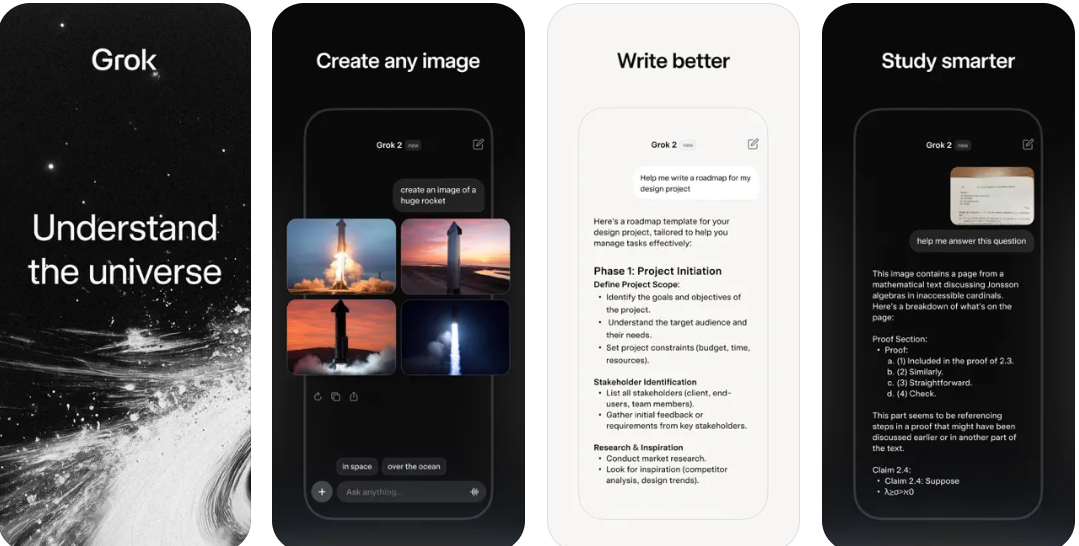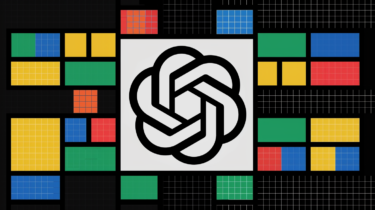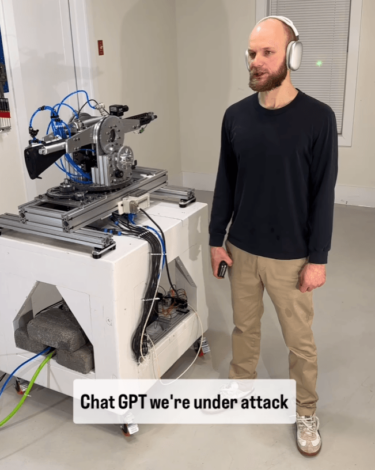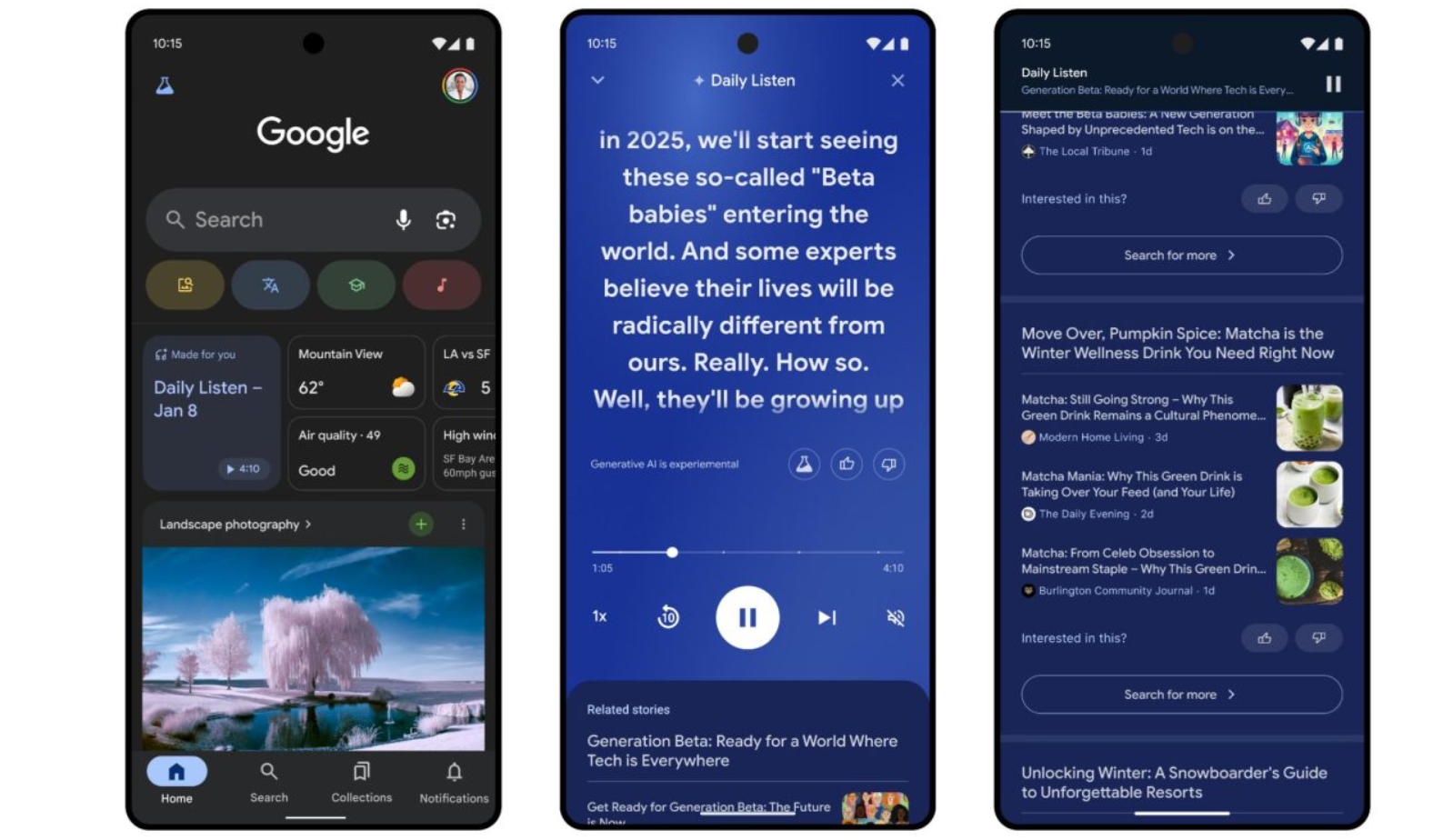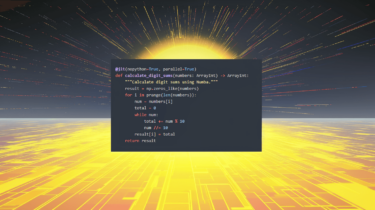Short
Elon Musk's AI company, xAI, has just released its Grok chatbot as a free iOS app for US users. The app gives people access to xAI's latest language model, Grok 2, and lets them ask questions, create images, and analyze photos they upload. To keep its answers current, Grok pulls information from Twitter and the web. For now, the app is limited to iPhone users in the US. Musk had previously announced that Grok 3 would arrive by the end of 2024, calling it the "the world's most powerful AI by every metric by December," but it hasn't been released. If the rumor mill is right, Grok 3 is currently being tested and could be released in the coming weeks.
